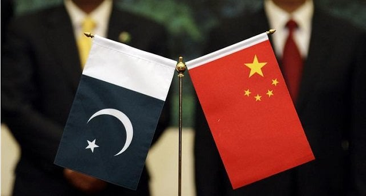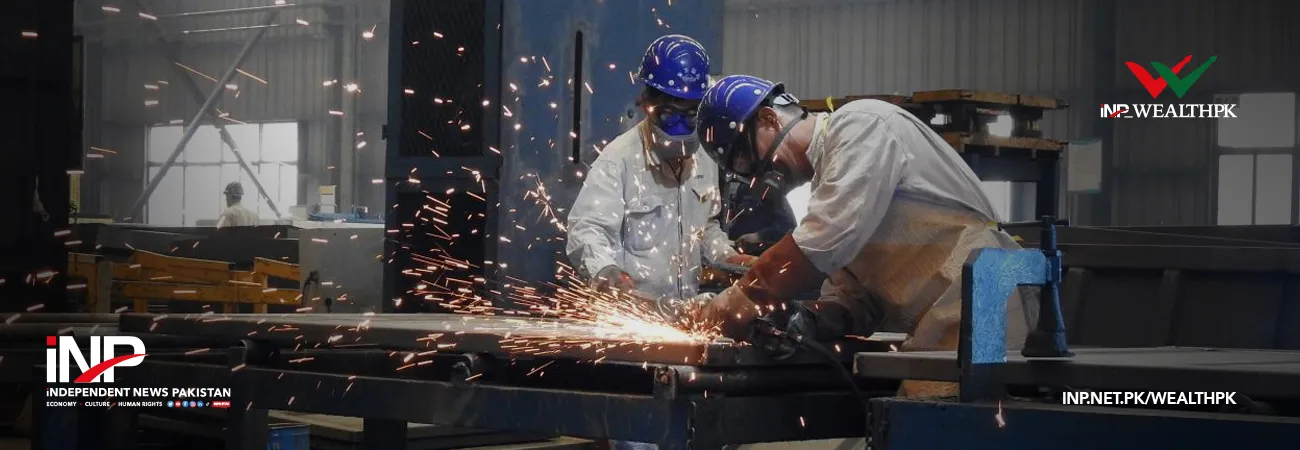INP-WealthPk
Ayesha Saba
Pakistan is forging deep-rooted industrial and technological cooperation with China to enhance its manufacturing capabilities and global competitiveness.

A key component of this collaboration is a landmark five-year agreement between the Guangdong Shoe-Making Machinery Association — a Chinese government-affiliated body — and Pakistan Industrial Sewing Machines Importers and Dealers Association (PISMIDA). The agreement focuses on upgrading Pakistan’s footwear, leather, and garment machinery industries by introducing cutting-edge equipment and production technologies.
It also emphasises skill development, with Pakistani workers set to receive specialised training tailored to modern industrial demands. Speaking to WealthPK, Khalid Waleed, adviser to Pakistan Tanners Association (PTA), said the introduction of advanced equipment, paired with localised skill development, will enable Pakistan to bridge longstanding gaps in productivity and quality.
He remarked that joint ventures between Pakistani and Chinese firms can lead to the establishment of new businesses or expansion of existing ones. “This could involve setting up manufacturing facilities, tanneries, or even research and development centres focused on innovation in leather products.” Waleed added that Pakistan’s leather export trade has struggled to keep up with its South Asian neighbours in recent years, leading to a noticeable decline in its competitive position.
“Pakistan is the only country in the region to experience negative growth in leather exports, while neighbouring countries like India, China, and Bangladesh have seen optimistic growth. This trend highlights a significant issue within Pakistan’s leather industry,” he said. He highlighted that Pakistan’s footwear and garment sectors, which hold significant export potential, stand to benefit immensely from Chinese advancements in automated manufacturing and sustainable production methods.
“Additionally, the leather industry, a key contributor to Pakistan’s economy, could see a major transformation through improved processing technologies and innovative product development, enhancing competitiveness in global markets.” However, he cautioned that while China brings world-class equipment and technical know-how, Pakistan must address domestic challenges, such as inconsistent energy supply, bureaucratic inefficiencies, and a lack of standardised industrial policies, to fully capitalise on this partnership.
He added that there are also concerns about over-reliance on Chinese technology, which could stifle local innovation if not balanced with indigenous research and development. To mitigate this, he suggested that Pakistan should invest in workforce education, streamline regulatory frameworks, and encourage public-private partnerships to sustain technological growth.
Credit: INP-WealthPk













